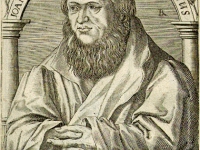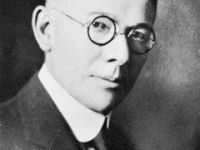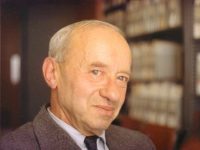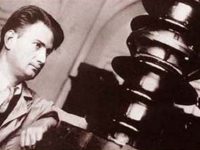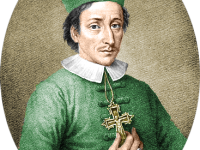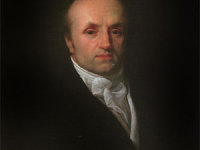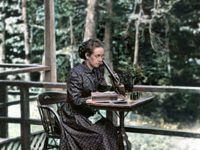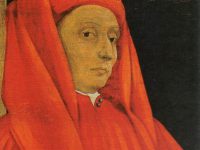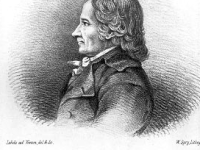Johannes Schöner and his Famous Globes
On January 16, 1477, German polymath Johannes Schöner was born. He was a priest, astronomer, astrologer, geographer, cosmographer, cartographer, mathematician, globe and scientific instrument maker and editor and publisher of scientific tests. He is well known for making and printing geographical globes, notably his 1515 globe which is one of the earliest surviving globes produced following the discovery of new lands by Christopher Columbus. “Himmelan hat er dein Ziel Selbst hinaufgestellt. Sorg…
Read more

